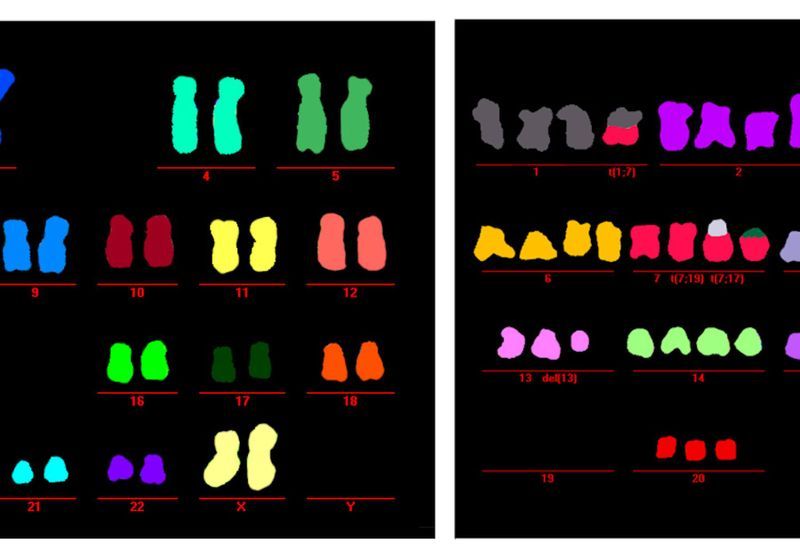
The human body is an incredibly complex and intricate system, made up of trillions of cells that work together to keep us healthy and functioning properly. However, when something goes wrong at the cellular level, it can lead to a wide range of health problems. In fact, it could be argued that cellular breakdown is the root cause of all diseases, and toxicity and poor nutrition are two factors that can contribute to this breakdown.
Toxicity refers to the presence of harmful substances in the body, such as chemicals, heavy metals, and pollutants. These substances can damage cells and disrupt normal cellular function, leading to a breakdown in communication and the development of disease. For example, exposure to lead can cause damage to the brain and nervous system, while exposure to pesticides has been linked to cancer and other health problems.
Similarly, poor nutrition can also contribute to cellular breakdown and disease. The human body requires a wide range of nutrients to function properly, including vitamins, minerals, and macronutrients like carbohydrates, proteins, and fats. When we don’t get enough of these nutrients, our cells can become depleted and more vulnerable to damage. For example, a lack of vitamin C can weaken the immune system and make us more susceptible to infections and disease.
In addition, poor nutrition can also lead to the accumulation of harmful substances in the body. For example, a diet high in processed foods and sugar can lead to chronic inflammation, which has been linked to a wide range of diseases, including heart disease, diabetes, and cancer. Similarly, a diet lacking in fiber can lead to the buildup of toxins in the colon, increasing the risk of colon cancer.
Ultimately, all of these factors – toxicity, poor nutrition, and more – can lead to cellular breakdown, disrupting the normal functioning of the body and leading to the development of disease. However, the good news is that by understanding the role that these factors play in disease, we can take steps to prevent and even reverse their effects. This might include avoiding exposure to harmful chemicals and pollutants, eating a healthy and balanced diet rich in whole foods, and supplementing with vitamins and minerals as needed.
In conclusion, the only disease is cellular breakdown, and toxicity and poor nutrition are two factors that can contribute to this breakdown. By taking steps to reduce our exposure to harmful substances and prioritize a healthy diet and lifestyle, we can support the health and functioning of our cells and ultimately reduce the risk of disease.
